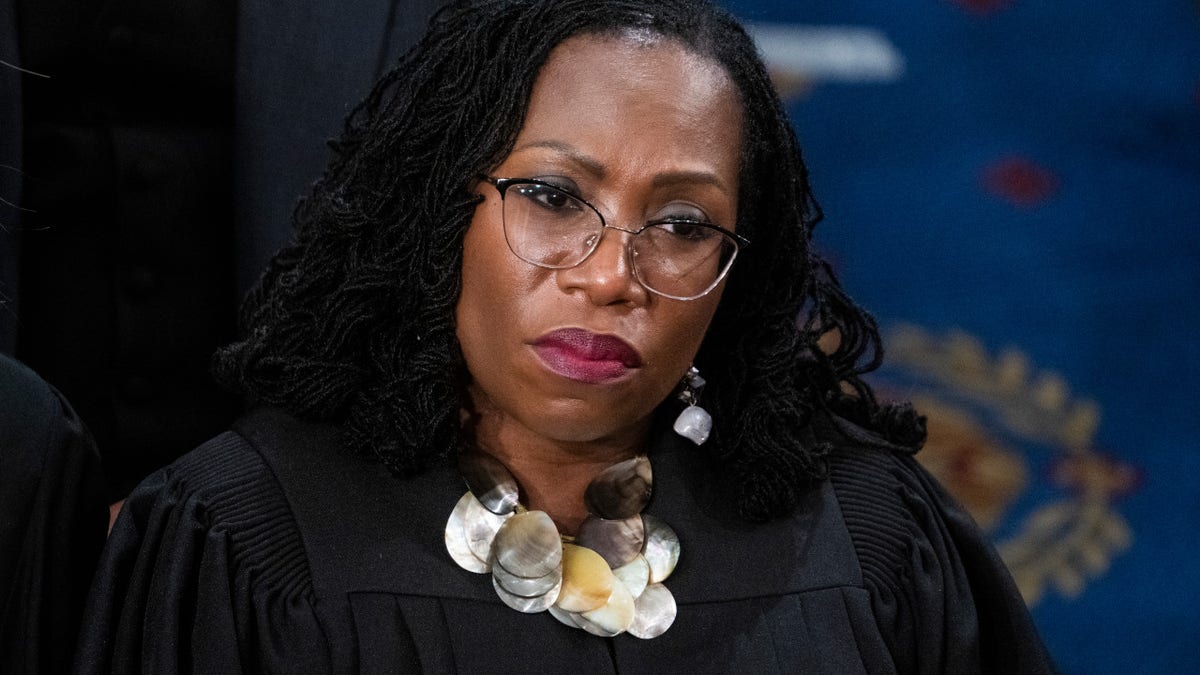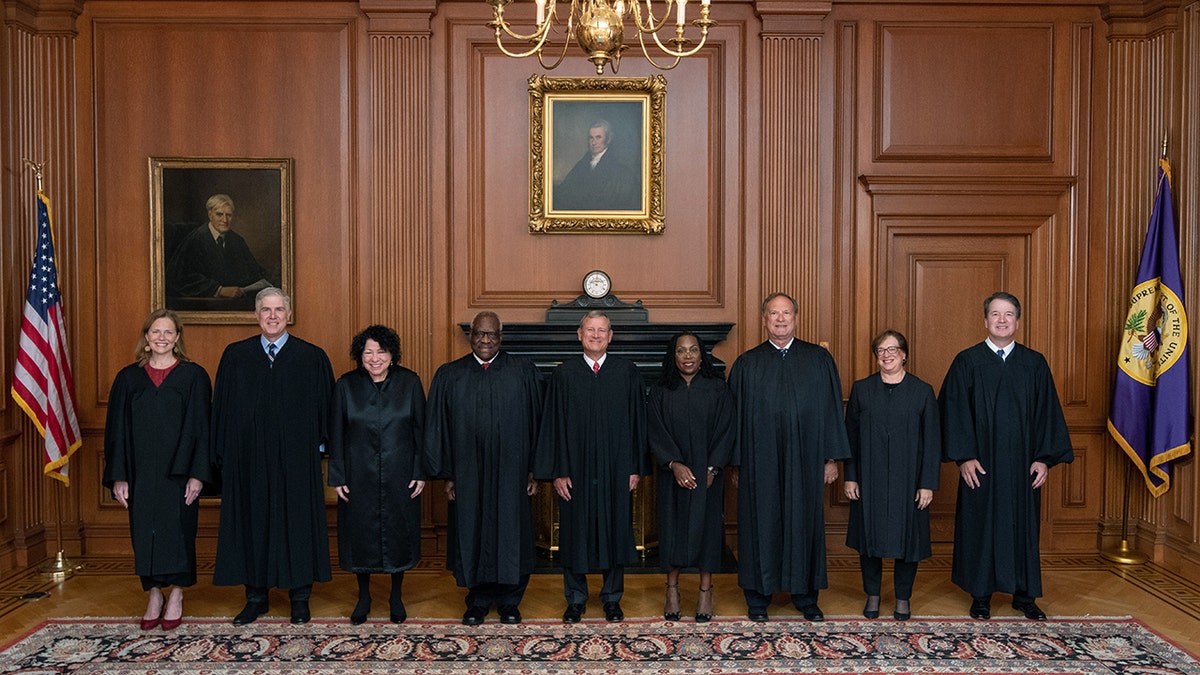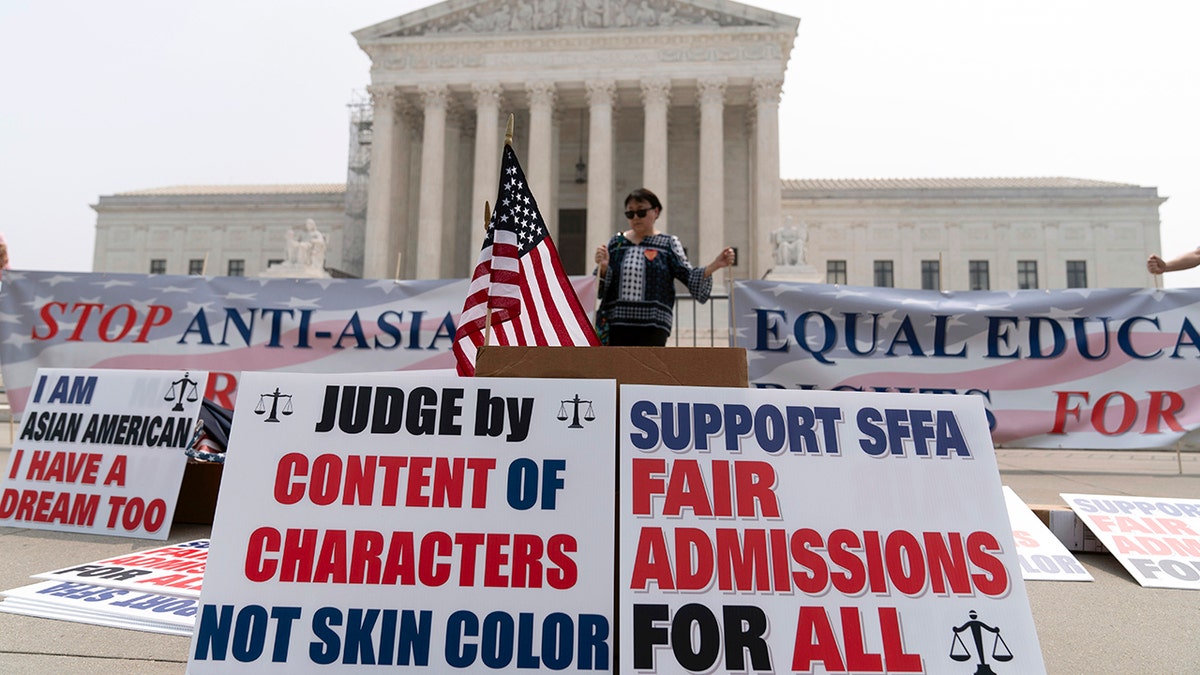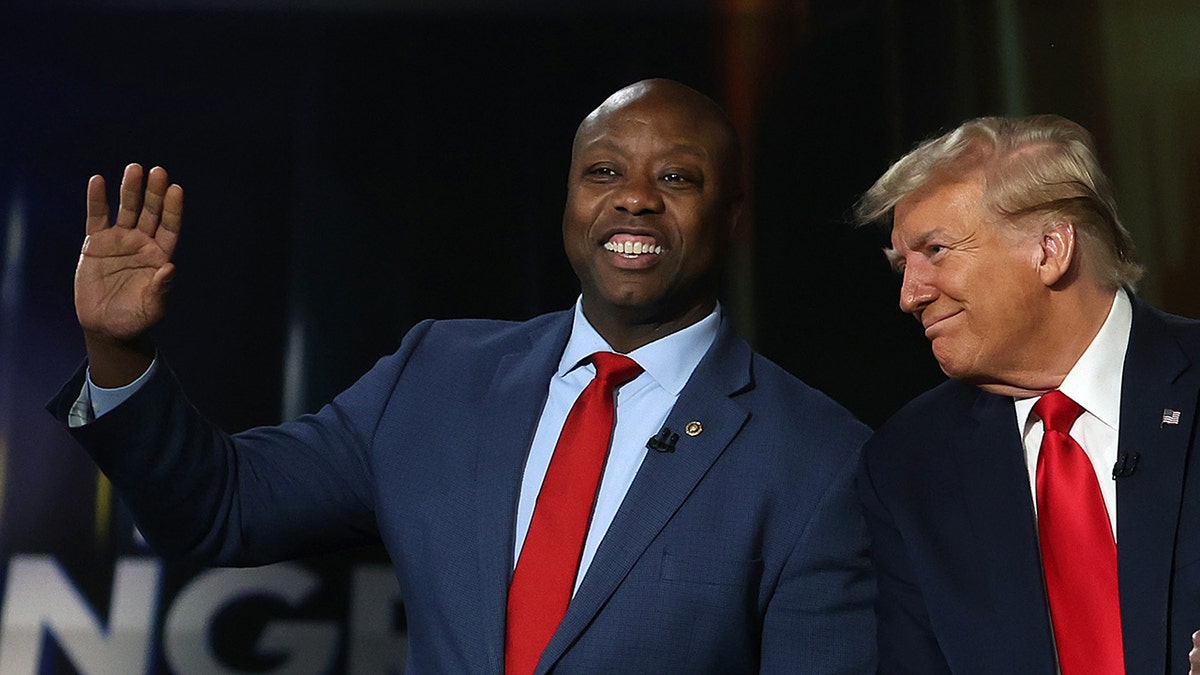Supreme Court Justice Ketanji Brown Jackson's dissenting opinion in the recent affirmative action ruling has drawn criticism for a statement regarding Black infant mortality rates under the care of White doctors. Jackson argued that diversity in higher education is crucial, citing an example that "for high-risk Black newborns, having a Black physician more than doubles the likelihood that the baby will live." This claim, originating from an amicus brief, was based on a 2020 study examining mortality rates of Florida newborns. The law firm responsible for the brief later issued a "clarification," stating that while the study showed a significant decrease in mortality for Black newborns with Black doctors, the phrasing about increased survival chances could be misleading. They emphasized that statistically, reduced mortality and increased survival are not interchangeable, though they maintained the study still supports Jackson's broader argument about the importance of diversity in healthcare.

Legal experts have weighed in on the controversy. Ted Frank, a senior attorney at Hamilton Lincoln Law Institute, criticized Jackson's statement as a "mathematically absurd claim" in a Wall Street Journal op-ed. Frank argued that the study didn't support the claim and that the actual improvement in survival rates for Black newborns with Black pediatricians was much smaller than Jackson's statement implied. George Washington University law professor and Fox News contributor Jonathan Turley raised concerns about the use of amicus briefs containing complex data in Supreme Court cases, suggesting that justices may struggle to assess the accuracy of such information. He pointed to this case as an example where a "major dissent" might be based on "highly contested factual assertions." The Supreme Court's 6-3 decision effectively ended affirmative action in college admissions, ruling against race-based considerations in applications.












